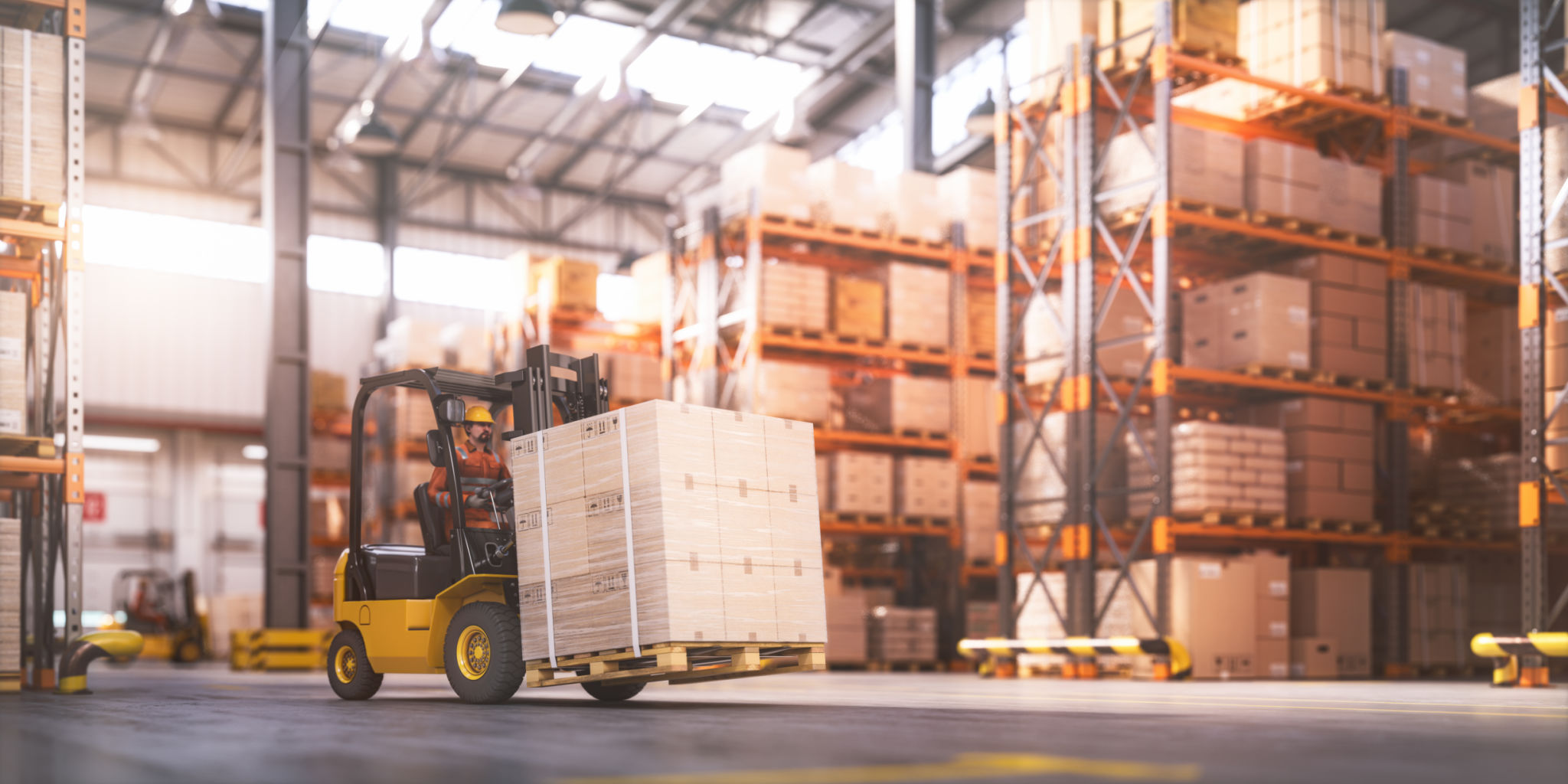Understanding Geo-Specific Logistics: Coverage Areas in Metro Vancouver
Understanding Geo-Specific Logistics
Metro Vancouver is a bustling hub of activity, making it a challenging yet rewarding area for logistics operations. With its diverse landscapes and dense urban environment, understanding geo-specific logistics here requires careful planning and execution. This post explores the intricacies of coverage areas in Metro Vancouver, delving into the challenges and strategies that define successful logistics operations.

The Importance of Coverage Areas
Coverage areas are critical to logistics operations as they determine the geographical scope within which services are offered. In Metro Vancouver, these areas can vary significantly, influenced by factors such as population density, infrastructure, and accessibility. Effective coverage ensures that businesses can meet customer demands efficiently while minimizing costs and delivery times.
Metro Vancouver's transportation infrastructure, including roads, bridges, and public transit, plays a pivotal role in defining these coverage areas. With ongoing developments and expansions, logistics companies must stay informed about changes to optimize their routes and coverage strategies.
Challenges in Metro Vancouver
Operating logistics in Metro Vancouver presents unique challenges. The region's diverse geography, which includes urban centers, suburban neighborhoods, and rural areas, requires adaptable strategies. Traffic congestion, particularly during peak hours, can significantly affect delivery schedules and increase operational costs.

Another challenge is the region's weather conditions. Rainy seasons and occasional snowfall can disrupt transportation routes, leading to delays. Logistics companies must prepare for such scenarios by incorporating flexibility into their planning and having contingency plans in place.
Strategies for Effective Logistics
To navigate these challenges, logistics companies in Metro Vancouver often employ a combination of technology and strategic planning. Utilizing GPS and route optimization software can help identify the most efficient paths, reducing fuel consumption and delivery times.
Additionally, many companies are turning to local distribution centers to enhance their responsiveness. By strategically placing warehouses closer to key urban centers, businesses can reduce the last-mile delivery time and improve customer satisfaction.

The Role of Technology
Technology is a key enabler in optimizing logistics operations. Advanced analytics and real-time tracking systems provide valuable insights into traffic patterns and delivery statuses. This data-driven approach allows logistics managers to make informed decisions and quickly adapt to any disruptions.
Moreover, automation tools such as automated sorting systems and robotics in warehouses help streamline processes, enhance accuracy, and increase throughput. These innovations are crucial for keeping pace with the growing demand for fast and reliable deliveries in Metro Vancouver.
Future Outlook
The future of geo-specific logistics in Metro Vancouver looks promising as technology continues to evolve. With the rise of electric vehicles and sustainable practices, companies are increasingly focusing on reducing their environmental impact while maintaining efficiency.
Furthermore, the integration of smart city technologies is expected to enhance infrastructure management, providing new opportunities for optimizing logistics operations. As Metro Vancouver continues to grow and evolve, logistics companies must remain agile and innovative to thrive in this dynamic environment.